I arrived in Paris a week ago today (even though it seems as if it were yesterday). My first weekend was spent doing some shopping, cleaning, settling in, etc. With only two days between my last semester’s study abroad program and my SLA programs start date, I used the weekend to explore my quartier and the evenings to get some needed rest. I am studying this summer at l’Alliance Française in Paris and could not have had a better first week in terms of studying. My class is a 20 hour / week intensive course. The class is aimed at those who wish to make their lives in France. This has made it so that my classmates are all extremely motivated to be able to speak French — I have yet to encounter anyone who breaks from speaking French, which has made my goal to only speak in French a success (so far…).
My class is also very interesting because it has given me to point of view of a Parisienne (my professor), which has helped me decode cultural and linguistic nuances that did not exist in my previous city of Angers. I have noticed that the way of speaking is slightly different here. For example, I have discovered that certain “staple phrases” of Angers are rarely used here in Paris. It has been very interesting to see first hand the large cultural differences that exist within the country.
In addition to continuing my French formation, I have been sure to take advantage of the numerous cultural offerings in Paris. I spent Monday doing research on various art studios, museums, book shops, shops, cafes, etc. that are uniquely Parisian and are less well known than their more touristic counterparts. I dedicated the past week to visiting different galleries in the city. I found a photo gallery called Marian Goodman Gallery where I met two French artists who explained to me the significance of their photographs as well as the different symbols and themes present in their work. I have so enjoyed having this level of culture available at my fingertips. It has allowed me to enjoy art, and, arguably more importantly, speak French and learn vocabulary that is a little more technique.
Next week I will take my interest from art galleries and project it towards book shops in the city. À la prochaine fois mes potes!
Below: One of the exhibits in the gallery that I visited.
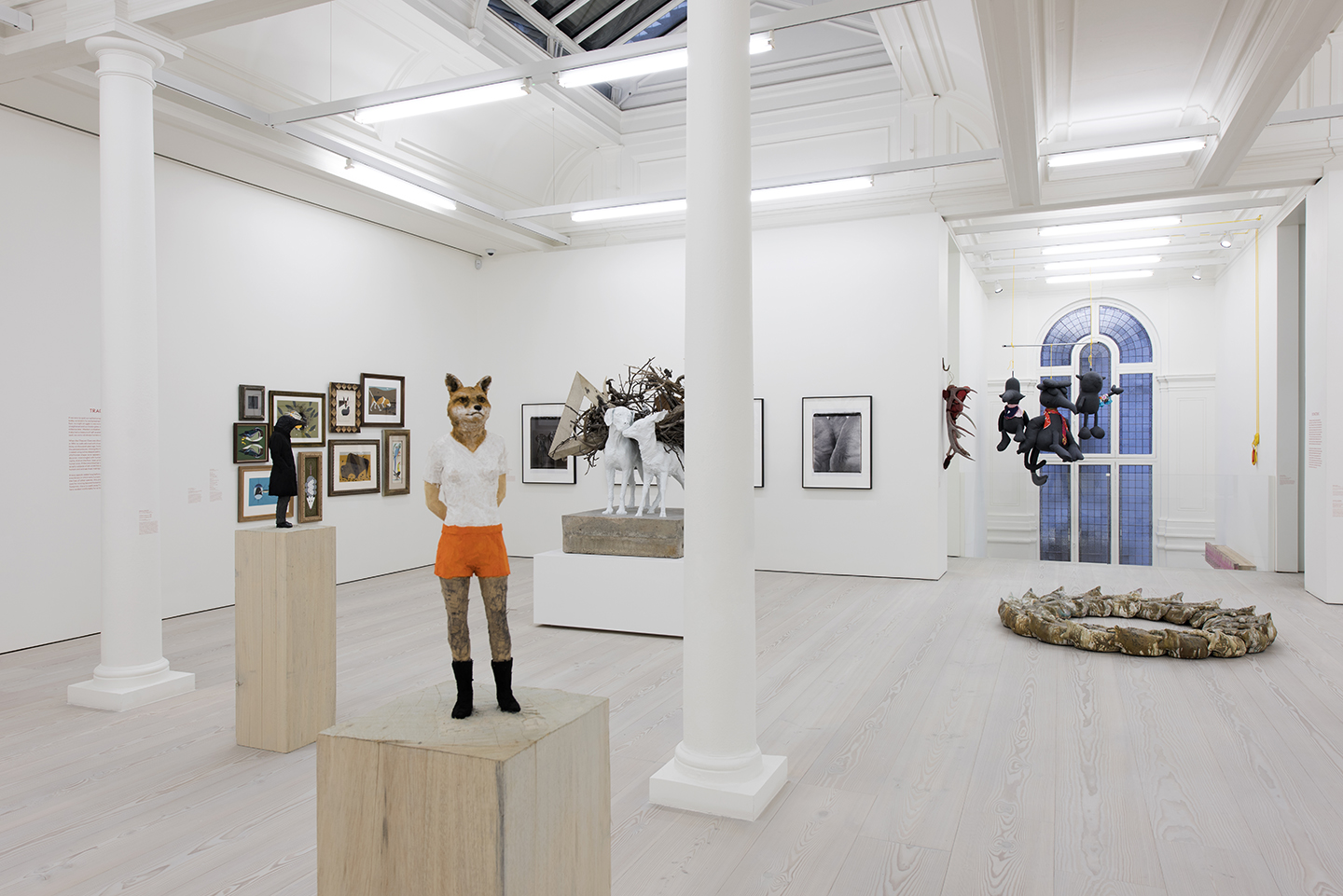
Seeing the sign for l’Alliance Francaise on my walk to school for the first day!
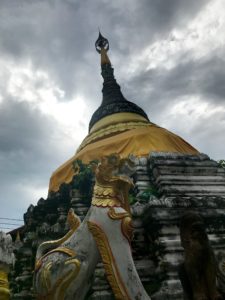
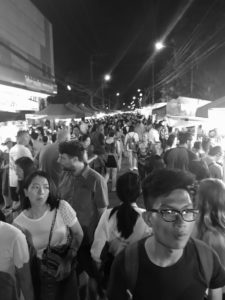
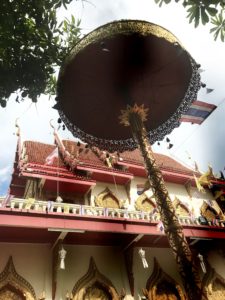
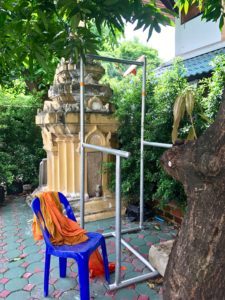










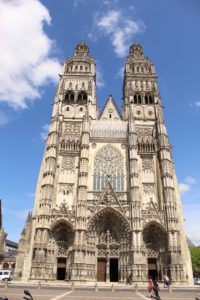
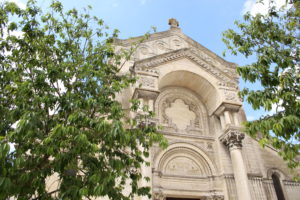
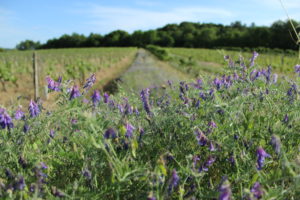
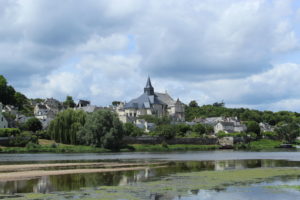
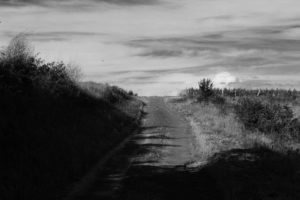
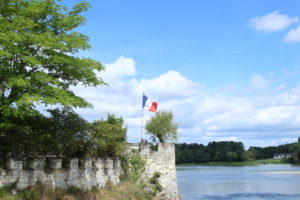
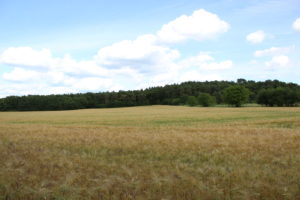
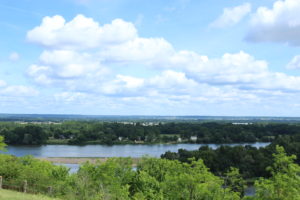
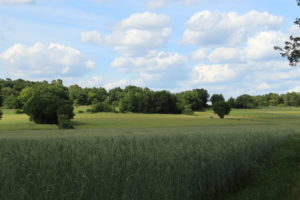
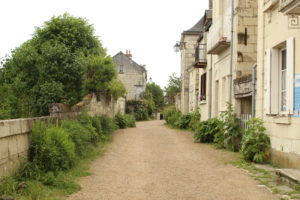
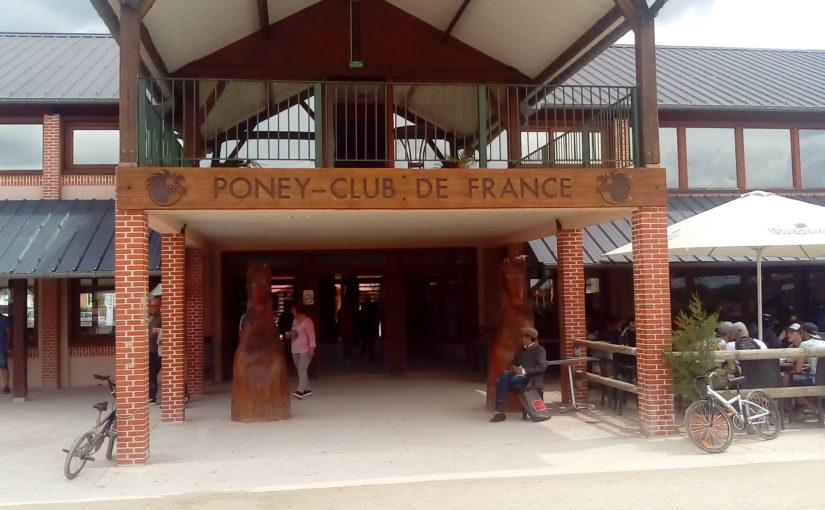

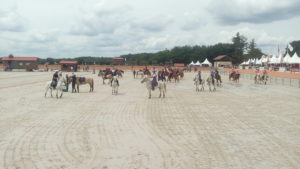

 tation systems to make my way to Alicante, it was well worth the trip. After orientation, I began taking classes at the CIEE Study Center, where I rotate taking three courses-grammar, culture, and conversation. To me, the conversation class is the most useful, because I am learning colloquial Spanish, and it seems like every new word I learn immediately appears around me in the streets. Although I do not plan on using many of these words (as many of them are curse words), it is important to learn the language so that I can better understand what is going on.
tation systems to make my way to Alicante, it was well worth the trip. After orientation, I began taking classes at the CIEE Study Center, where I rotate taking three courses-grammar, culture, and conversation. To me, the conversation class is the most useful, because I am learning colloquial Spanish, and it seems like every new word I learn immediately appears around me in the streets. Although I do not plan on using many of these words (as many of them are curse words), it is important to learn the language so that I can better understand what is going on.
 By the time we returned to Piazza Garibaldi to catch our train back to Sorrento, we were both exhausted and ready for some dinner.
By the time we returned to Piazza Garibaldi to catch our train back to Sorrento, we were both exhausted and ready for some dinner.